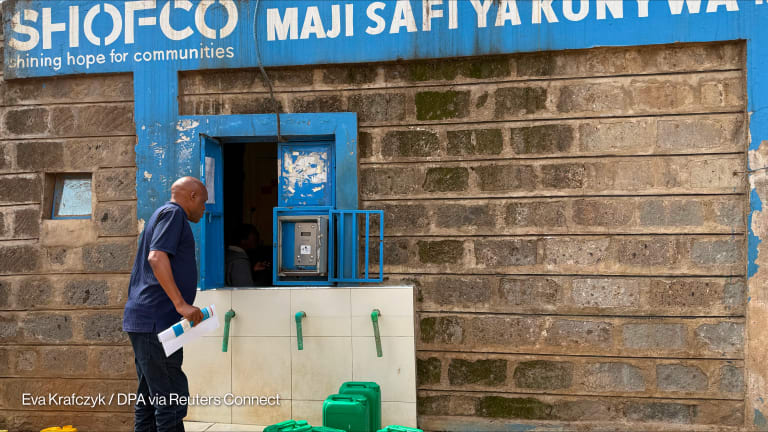True development geeks will know that Oct. 24 is World Development Information Day.
Since 1972 the United Nations has been urging us all to raise awareness of development challenges. Four decades on and after a call for a “data revolution” in development by the U.N. High-Level Panel on Post-2015 and the creation of an Independent Expert Advisory Group to lead this revolution, the issue of development information is squarely back on the agenda.
But over these years, a very important transformation has taken place. In 1972, the U.N. General Assembly felt “improving the dissemination of information and the mobilization of public opinion, particularly among young people, would lead to greater awareness of the problems of development.”
Printing articles to share with others is a breach of our terms and conditions and copyright policy. Please use the sharing options on the left side of the article. Devex Pro members may share up to 10 articles per month using the Pro share tool ( ).
Search for articles
Most Read
- 1
- 2
- 3
- 4
- 5








